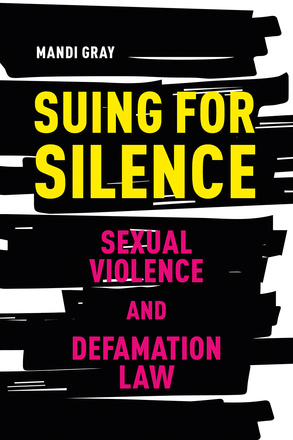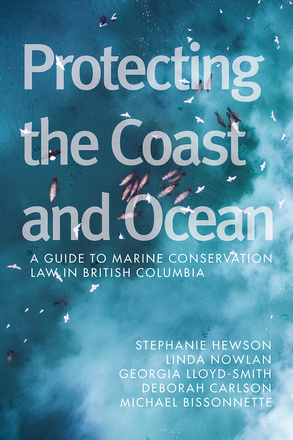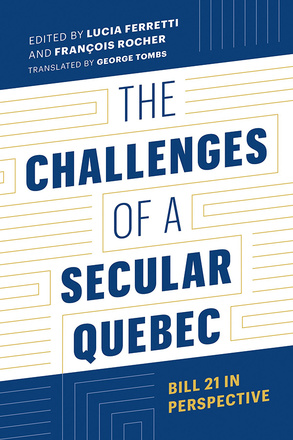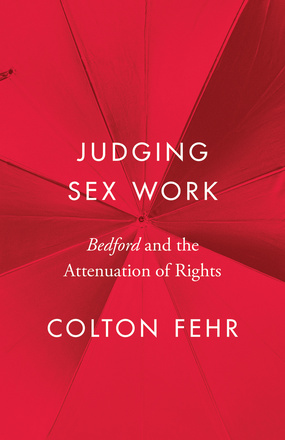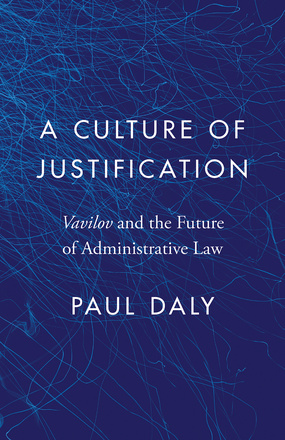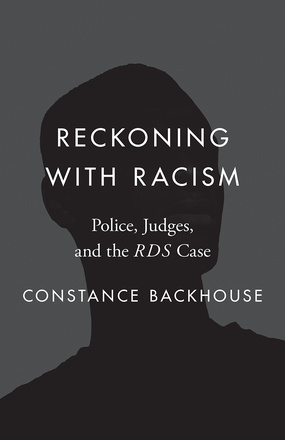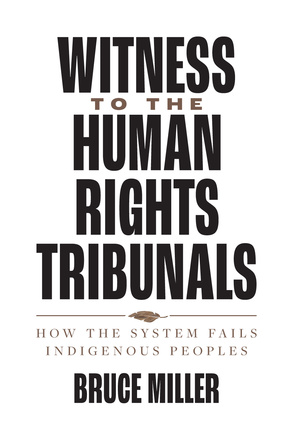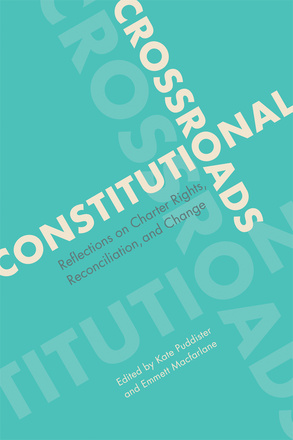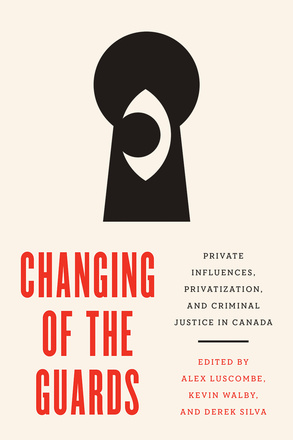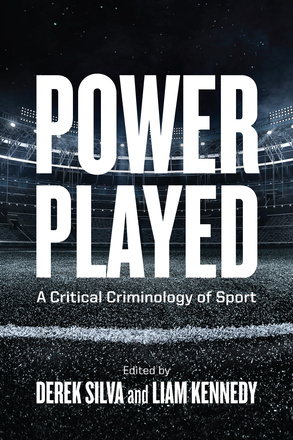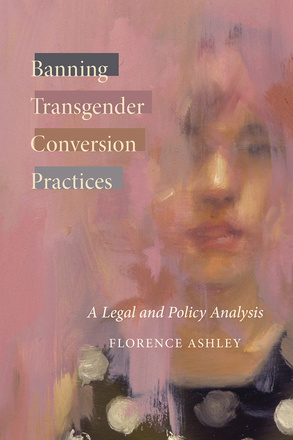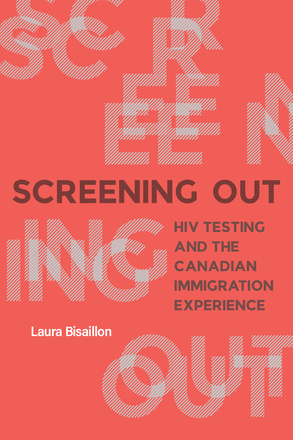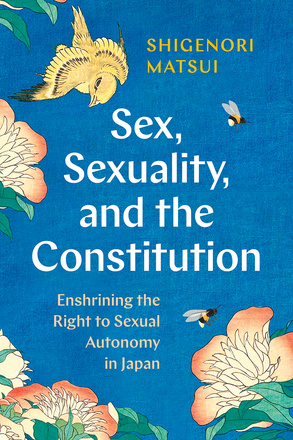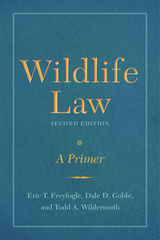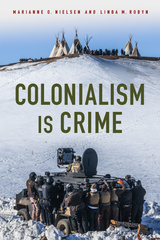
Suing for Silence exposes the phenomenon of lawsuits whose purpose is to silence those who disclose sexual violence, revealing the gendered underpinnings of Canadian defamation law and its chilling effect on public discourse including formal reports of sexual violence.
Is sexual assault tolerated in Canadian sport? After reaching the provocative conclusion that sexual assaults are not only accepted but normalized and even promoted, Sexual Assault in Canadian Sport offers constructive strategies to make sport safer.
Protecting the Coast and Ocean, the first comprehensive guide to marine protection law in British Columbia, analyzes and compares the legal tools available to reverse ocean decline.
The Challenges of a Secular Quebec opens up the debates that gave rise to a controversial law on state religious neutrality, taking an open-minded look at how secularism is understood and how it has imposed itself in the Quebec social space.
Judging Sex Work argues that a decision widely considered to be a victory for social justice weakened sex workers’ rights far more than it strengthened them.
A Culture of Justification examines how a groundbreaking case involving undercover spies and a man’s fight for citizenship helped the Supreme Court of Canada forge a consensus on the future of one of the most important areas in Canadian law.
Reckoning with Racism is a riveting account of Canada’s most momentous race case, which drew in the country’s first Black female judge and spotlighted racist police practices.
Witness to the Human Rights Tribunals offers a behind-the-scenes account of the difficulties facing Indigenous people in human rights tribunals, and the struggles of experts to keep their own testimony from being undermined.
Reconciling Truths is a forthright examination of commissions of inquiry that demonstrates the need for astute leadership and an engaging process if they are to lead to meaningful change.
Four decades after the adoption of the Constitution Act, 1982, Constitutional Crossroads assesses its legacy, focusing on the themes of rights, reconciliation, and constitutional change.
Changing of the Guards is the first comprehensive assessment of how for- and not-for-profit private organizations are reshaping Canadian criminal justice processes and outcomes.
Power Played represents a distinctly critical criminology of sport, blowing the whistle on the harm, violence, and exploitation embedded in contemporary sport and sporting cultures.
Banning Transgender Conversion Practices is the first book to offer a comprehensive analysis of how conversion practices targeting transgender people are regulated around the world.
A critical, compassionate, and highly readable narrative-driven analysis, this is the first-ever inquiry into how the Canadian immigration medical program works in practice to screen out people with HIV.
Sex, Sexuality, and the Constitution persuasively demonstrates the need to entrench protections for individual sexual autonomy within constitutional law.
The High North brings together, for the first time, activists, advocates, and academics to evaluate the opaque origins and muddled legacy of cannabis legalization in Canada.

